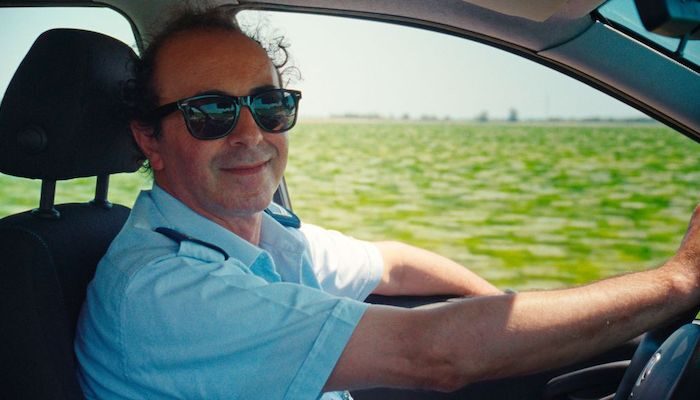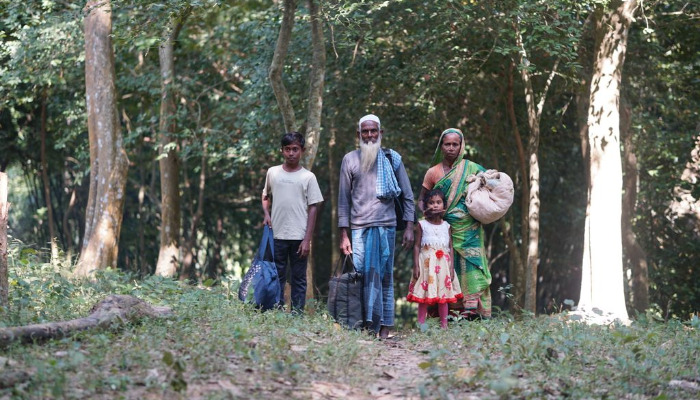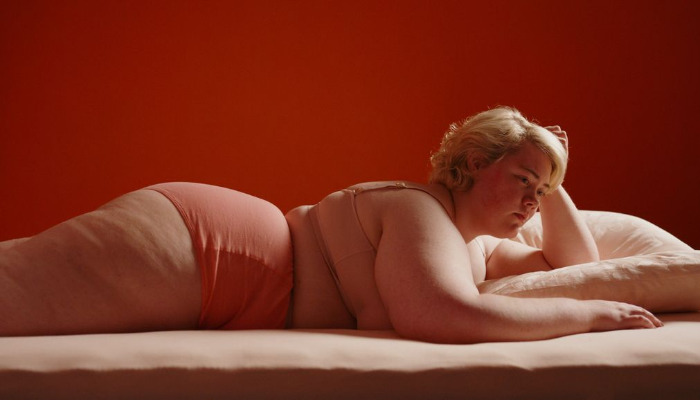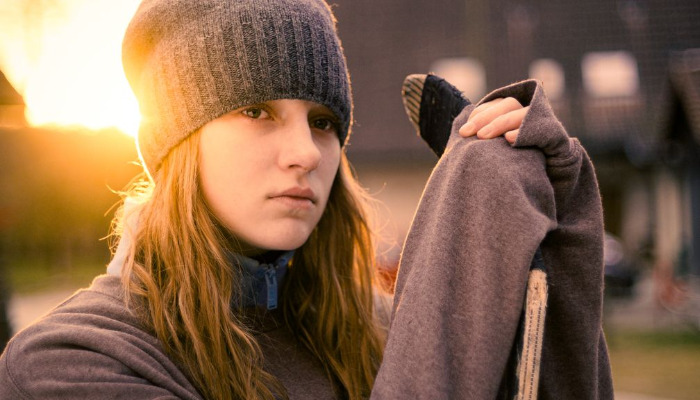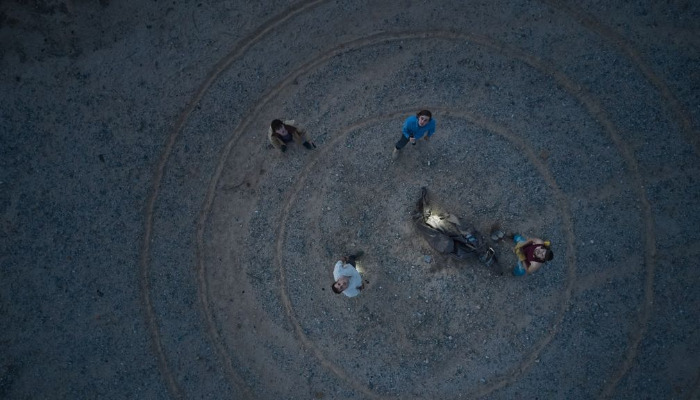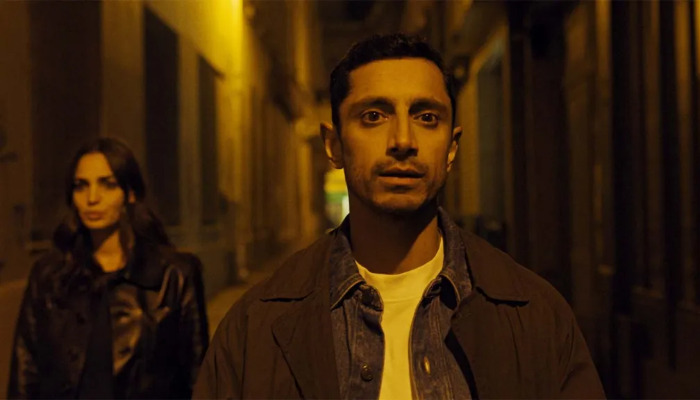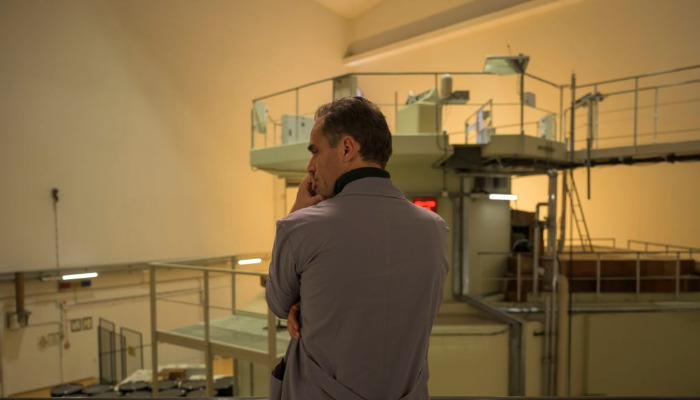Film Review: GIGI LA LEGGE: A Docu-Drama Hybrid That’s Cold, Sluggish, and Distant [Locarno 2022]
Gigi la legge Review
Gigi la legge (2022) Film Review from the 75th Annual Locarno Film Festival, a movie written and directed by Alessandro Comodin, starring Pier Luigi Mecchia, Ester Vergolini, Annalisa Ferrari, Tomaso Cecotto, Massimo Piazza, and Rebecca Martin.
Two years in a row now, Locarno has hit me with a surprise documentary – that is, a film that I didn’t know was a doc going into it. Granted, that sense of surprise is probably a personal fault on account of a lack of due diligence on my part, rather than the film’s and/or the festival’s more forthright classification of the work. But unlike Francesco Montagner’s brilliant Brotherhood from last year, which upon realizing its documentarian nature only became more thematically rich, Alessandro Comodin’s Gigi la legge has a neutralizing effect. It doesn’t offer any further insight into the language of cinema and the stories we choose to tell with it, but rather just softens the edges of this flat and monotonous slog to make its constraints slightly more understandable.
Comodin introduces us to the titular Gigi (Pier Luigi Mecchia) in the opening 8-minute-long static shot, wherein he’s heard arguing with an unseen neighbor about his overgrown garden late at night. The long takes are a mainstay throughout the rest of the film, as we follow Gigi around on his policing duties throughout the streets of his undesignated Italian village. The camera rarely ever leaves the interior of Gigi’s patrol car, with cinematographer Tristan Bordmann relying on both driver-passenger, shot-reverse-shot set-ups and modified dashcam views to capture all his convos – from flirting with the new dispatch responder to arguing about the boss with whomever he’s partnered with that day. When the camera does exit the vehicle it’s when Gigi has quick smoke breaks with village elders, tests out teenagers’ motor scooters, or tends to his garden (and it’s during these moments that the editing is more likely to pick up).
The complete lack of shots of the exterior of Gigi’s vehicle – much less establishing shots of the village that aren’t obscured by tight framing – sort of make sense as a method of anonymity for the subjects Comodin chooses to focus on. However, the strange blend of documentary and drama (assumedly this is slightly staged or dramatically exaggerated, otherwise Comodin wouldn’t have given himself a writing credit) keeps us cold and much too distant from its subject regardless. It begs the question why there even needed to be a muddying of the genre waters in the first place, and if a straightforward doc or dramatic narrative alone would’ve sufficed.
Mecchia isn’t much of an embellisher, but he’s not much of a revealer, either. In fact, he’s not really much of anything – he’s just your average, white-bread, upper-middle-age townsperson who’s sometimes cranky, maybe a little creepy in his outdated social norms, but otherwise friendly enough to manage. Yet beyond these surface signifiers, a third-act wannabe-surrealist turn that comes out of nowhere, and a concluding long take that cloys for sentimentality, we’re never privy to anything else about Gigi’s personhood.
This isn’t an argument that greatness or noteworthiness needs to be a prerequisite for narrative focus. In fact, the simplicity and the monotony (and even the banality) of Gigi’s life are likely the points Comodin is attempting to make: it’s not just a treatise on quiet rural village living and the numbing stability of routine, but also a centrist counterargument to the existence of policing (i.e. police are neither rushing into dangerous situations and sacrificing their lives to protect us like conservatives say they are, nor are they the violent arm of the state like leftists claim them to be). Everyone’s life can be worthy of a story, of course, but with only these aforementioned surface signifiers and nary any ambiguity nor visual creativity to draw from, these potential themes become like our patience over this barely hour-and-forty-five-minute runtime: stretched incredibly thin.
Granted, Gigi la legge just took home Locarno’s Special Jury Prize this past weekend, so it confirms my opening suspicions that maybe this is just a personal shortcoming and my own lack of comprehension. But it takes two to cinematically tango, and for me Gigi kept dragging its feet on the dance floor.
Rating: 4/10
Leave your thoughts on this Gigi la legge review and the film below in the comments section. Readers seeking to support this type of content can visit our Patreon Page and become one of FilmBook’s patrons. Readers seeking more Fantasia International Film Festival news can visit our Locarno Film Festival Page, our Film Festival Page, and our Film Festival Facebook Page. Readers seeking more film reviews can visit our Movie Review Page, our Movie Review Twitter Page, and our Movie Review Facebook Page. Want up-to-the-minute notifications? FilmBook staff members publish articles by Email, Twitter, Facebook, Instagram, Tumblr, Pinterest, Reddit, and Flipboard.
Related Articles
FilmBook's Newsletter
Subscribe to FilmBook’s Daily Newsletter for the latest news!







